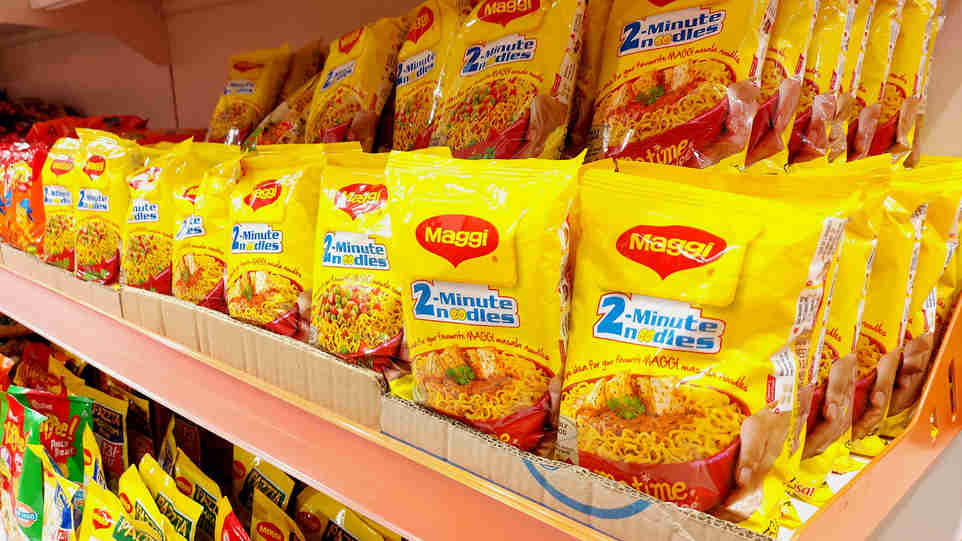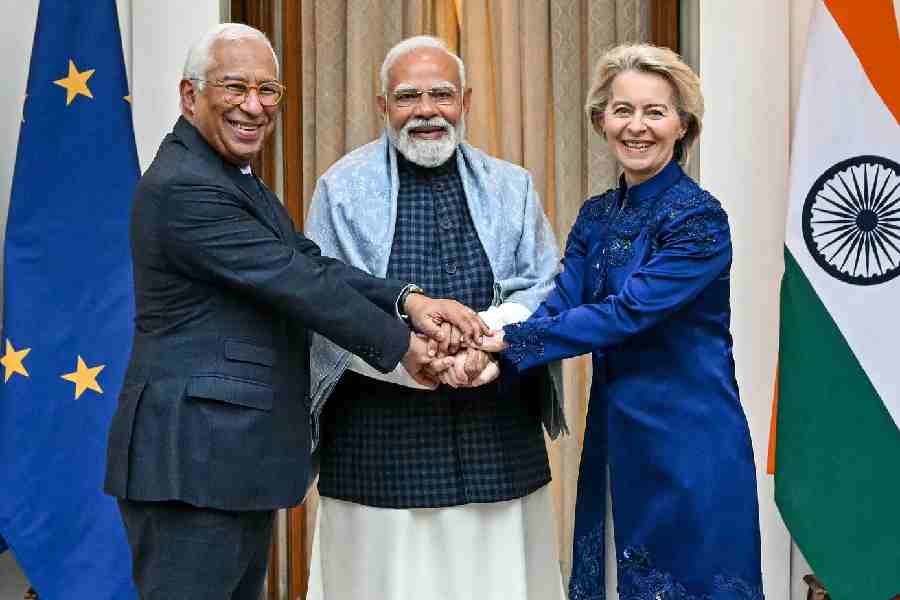Ignorance need not be bliss: it can be hazardous when it comes to food. This is why it is significant that, after eight long years, the Food Safety and Standards Authority of India has decisively advocated the inclusion of labels on the front of food packets, detailing their salt, sugar and fat content, to enable consumers to take an ‘informed’ decision. In the Indian context, this is particularly relevant as this kind of transparency could go a long way in enhancing consumers’ knowledge of healthy consumption and protecting their rights. After all, there have been alarming transgressions on the part of manufacturers of packaged food — apart from the Maggi adulteration controversy, a study by the FSSAI found that 62.8 per cent of the major processed foods contained higher-than-prescribed levels of sugar, salt and fat, which are key contributors to India’s growing burden of non-communicable diseases. However, what is good for public health may not be beneficial for corporations with an eye on profit. It is, therefore, hardly surprising that the Indian processed food industry, estimated to be worth $44 billion and growing at a rapid pace of about 24 per cent every year, is reluctant to comply with the demand of consumer and advocacy groups to include a health warning on the packages. In fact, there have been reports of corporate lobbying against similar proposals since 2017.
In a country that has seen its fair share of food politics over the past seven years — vegetarianism continues to be forced down the throats of Indians in spite of widespread undernourishment — the lack of awareness about nutrition among the people only aggravates the problem: more than 90 per cent people in India are unaware of even their daily protein requirements. The absence of political will to safeguard the health of citizens is even more baffling given the success of the warning label model instituted in the case of tobacco products — graphic warnings on packages convinced over 90 per cent people of their harmful effects. The complex food culture of the country, along with diverse eating habits, further complicates the formulation of universal nutritional policies. The key, therefore, is for the government to undertake extensive initiatives — from television commercials to anganwadi programmes — to promote the nutritional value of local cuisines over processed food. More fundamentally, food and nutrition must be seen as sacrosanct rights that cannot be sacrificed at the altar of profiteering or political propaganda.










